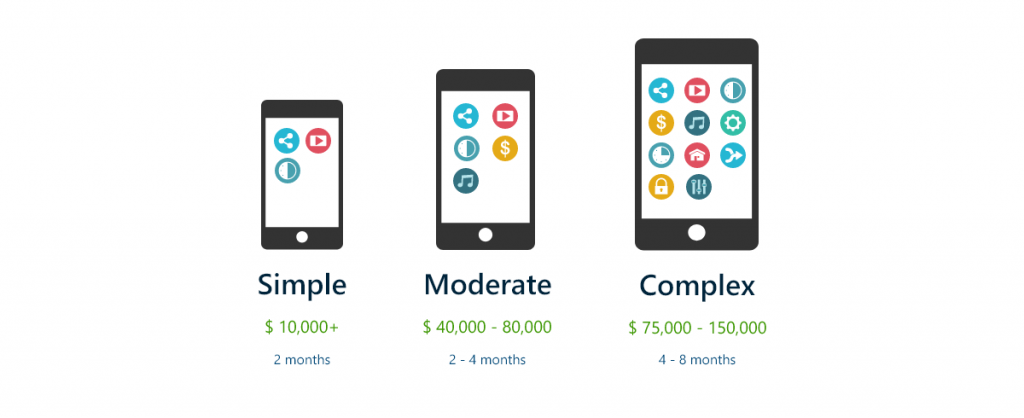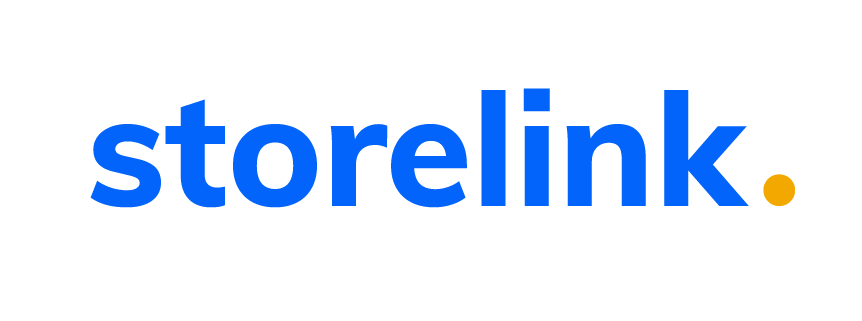[Part 1] How much does it cost to make an app?

The market of mobile applications shows no sign of stopping and, naturally, more and more people are researching the issue of how much does it cost to make an app. While we all use apps for communication, games, lifestyle, business, food, sports – creating your own app is a matter of business for some of us.
The good news is – it isn’t really as expensive as most of us may think. Moreover, plenty resources that enable one to create an app by himself and for free are available. Before reviewing it all in detail, let’s give a brief extract about the cost of app development and its main considerations.
App cost calculator
To give you the opportunity for your app cost estimation, below you may find an interactive calculator tool. There you can indicate the specifications of your project or an app you have in mind, and send data to our app development experts. Our team will contact you shortly after with an exact price quote and tips on how to build an application in the best way.
How much does it cost to make an app?
Skipping all the factors in cost breakdown, a median price to create an app by expert agencies is $171,450, according to a Clutch survey. Online app cost calculators name a price tag between $200,000 and $350,000 for an app with dozens of features. While typical cost range stated by app development companies is $100,000 – $500,000. But no need to panic – small apps with few basic features could cost between $10,000 and $50,000, so there’s an opportunity for any type of business.
Generally, the cost of making a mobile app ranges extremely: from total zero to unbelievably expensive price that could reach millions. Although, frankly there is no simple answer to this inquiry due to multiple factors at play. Different developer rates, project complexity and time it takes to build an app impact the cost of making a mobile application. The price to make an app depends on the following aspects:
- type (mobile game, business, social networking, lifestyle. etc.)
- platforms (iOS, Android, Windows Phone, etc.)
- design (basic, individual, custom)
- number of pages
- features & infrastructure
If we split mobile apps into 3 categories in regards to complexity (simple, moderate, complex), and take 2 kinds of hourly rates into account, this is how much app costs to make approximately:
| Complexity | Notes | Time, h | Cost at $50 rate | Cost at $100 rate |
| Simple | No API integration, no back-end, standard UI components, simple features like email subscription, social login, calendar, etc. | 400 | 20,000 | 40,000 |
| Moderate | Custom UI features, payment features, API integration, headsets and tablets adaptation, back-end server. | 500-800 | 40,000 | 80,000 |
| Complex | Multi-language support, 3rd-party integrations, custom animations, complicated back-end, professional design, real-time features. | 800-1500 | 75,000 | 150,000 |
Remember, the figures above serve only as an orientation to apprehend a potential cost of making a mobile app. Every app is different, it’s like inquiring about the price of a house or a car – you can not know the exact price without specifications. Plus, the estimation is based on minimum time and effort required to technically build an app. And of course, be ready to pay more to make your app great.

Now, a more practical tool to calculate the cost of your app lies next. An average cost to make an app highly depends on what type of app you choose to develop.
- Native apps
Large and heavy apps that aim at the best user experience, optimization and fast work. They may use various device’s APIs and process a wide range of features at the same time. Native apps will get as expensive as a number of platforms you want to support because more people will be involved in the app development process then. Native apps usually are business apps, entertainment apps, education apps.
- Hybrid apps
Or cross-platform apps, that are best suited to reach a bigger audience from the start. Their development and maintenance costs less if a team is involved and a single code, that works for all platforms. Meantime cross-platform apps are less optimized, lack access to APIs and can’t provide the native user experience. They are suitable for small and medium communication apps, lifestyle apps or game apps.
- Basic functionality apps
Are fast to develop and include very few or even no features at all. They are mostly developed for personal use and you probably won’t find anything like this in any app store. Usually, they are made to display a list of topics – by clicking on one of them a user can view info about it, or open a new list.
- Database-driven apps
More complex apps with massive data to operate, stored directly in the device memory or on a web server. To work as desired, additional features like camera, internet connection or access to the gallery may be required. Examples of such native apps that use device memory to store data library are various mobile dictionaries or encyclopedias.
- Apps that rely on the device firmware/hardware
These types of applications access a mobile device and aim at enhancing its functionality. It could be a camera, a flashlight, an alarm clock or any other function. For example, AlarmMon allows users to customize the alarm clock, while also adding extra functions, like a puzzle to solve to disarm the alarm.
- Mobile games / Game apps
Games may be both simple and advanced, with 3D graphics and physics, global ratings, AR support, even social media integration. Obviously, a more complex game costs more, so it’s hard to tell exactly without estimate how much to make an app may cost. Gaming apps are the most popular category of application worldwide and usually the most profitable ones. Take Angry Birds that cost near $140,000 to develop and made $70 million in the first year.
Cre: Internet















Leave a Reply